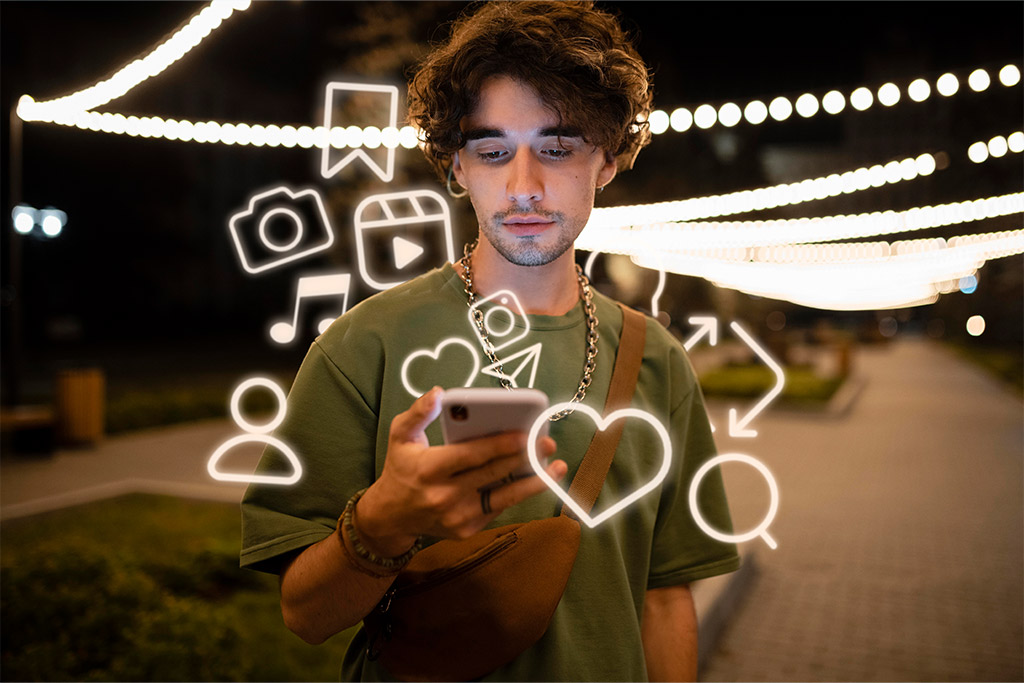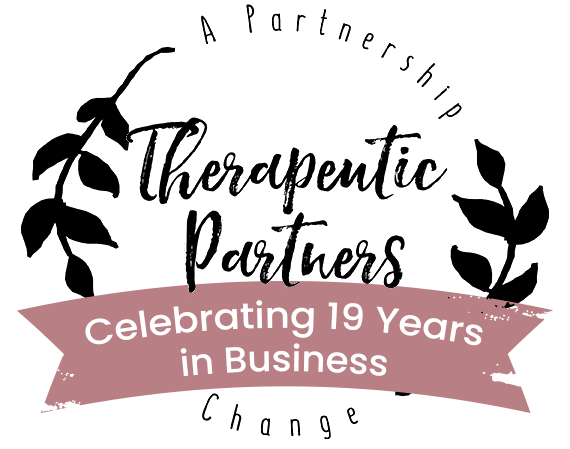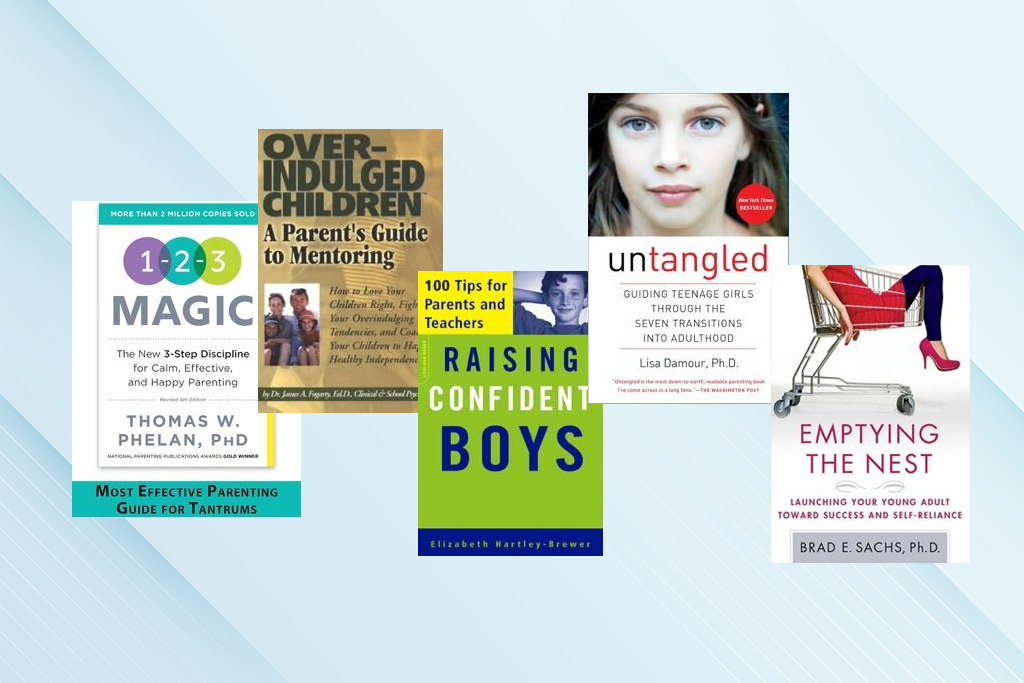
By: Rachel Crickmar
Social media is a powerful tool—it helps us stay connected, express ourselves, and even find support during difficult times. But like anything else, too much of a good thing can become harmful. At Therapeutic Partners, we often hear from clients struggling with the emotional toll of constant comparison, digital overwhelm, or anxiety fueled by what they see online.
If you’ve ever felt drained after scrolling or noticed your self-esteem dip after being online, you’re not alone. The good news is that social media doesn’t have to be all-or-nothing—it can be a part of a healthy lifestyle with the right boundaries and awareness.
The Impact of Social Media on Mental Health
While social media can offer moments of connection and joy, studies show it can also increase risks for:
- Anxiety and depression
- Sleep disturbance
- Low self-esteem and body image concerns
- FOMO (fear of missing out)
- Increased loneliness
This doesn’t mean you need to delete every app—it just means it’s time to be intentional.
Tips for Healthy Social Media Use
1. Notice How It Makes You Feel
Start by tuning into your emotional reactions while scrolling. Do you feel inspired and connected—or drained, inadequate, or irritable? Let your emotions guide your boundaries.
💡 Tip: Keep a note in your phone or journal logging how you feel before and after social media use for a week. You might notice patterns that surprise you.
2. Set Time Limits and Tech Boundaries
Give yourself permission to unplug. Designate screen-free times during the day—like mornings, mealtimes, or before bed—and use app timers or settings to limit how long you spend online.
💡 Tip: Try a “30-minute scroll window” and stick to it. You might find more time for reading, movement, or actual rest.
3. Curate Your Feed
Your feed should feel like a safe and uplifting space—not a source of pressure or comparison. Follow accounts that bring joy, education, or genuine connection. Unfollow or mute anything that triggers self-doubt or negativity.
💡 Tip: Ask yourself, “Does this account make me feel more like myself—or less?”
4. Remember It’s Not Real Life
Social media is a highlight reel—not the full picture. People tend to share their best moments, not their behind-the-scenes struggles. Comparing yourself to curated snapshots can distort reality and feed self-criticism.
💡 Tip: Ground yourself by practicing gratitude for your real life offline—messy, meaningful, and uniquely yours.
5. Practice Mindful Use
Instead of mindlessly scrolling out of boredom or habit, pause and ask: Why am I opening this app? What do I hope to get from it? You might be looking for connection—or avoiding something difficult. Be curious, not judgmental.
💡 Tip: If you’re feeling anxious or stuck in a scroll loop, try going for a short walk, calling a friend, or taking a few deep breaths to reset.
6. Talk About It
If social media is impacting your mood, relationships, or self-image, bring it up in therapy. It’s a valid and important part of your mental health journey.
Final Thoughts
Social media isn’t good or bad—it’s all about how you use it. With intention, boundaries, and self-compassion, it can be a positive part of your life, rather than a source of stress or comparison. If you’re feeling overwhelmed or unsure about your relationship with social media, our therapists at Therapeutic Partners are here to support you. Together, we can help you reconnect with what really matters—offline and in real life.



